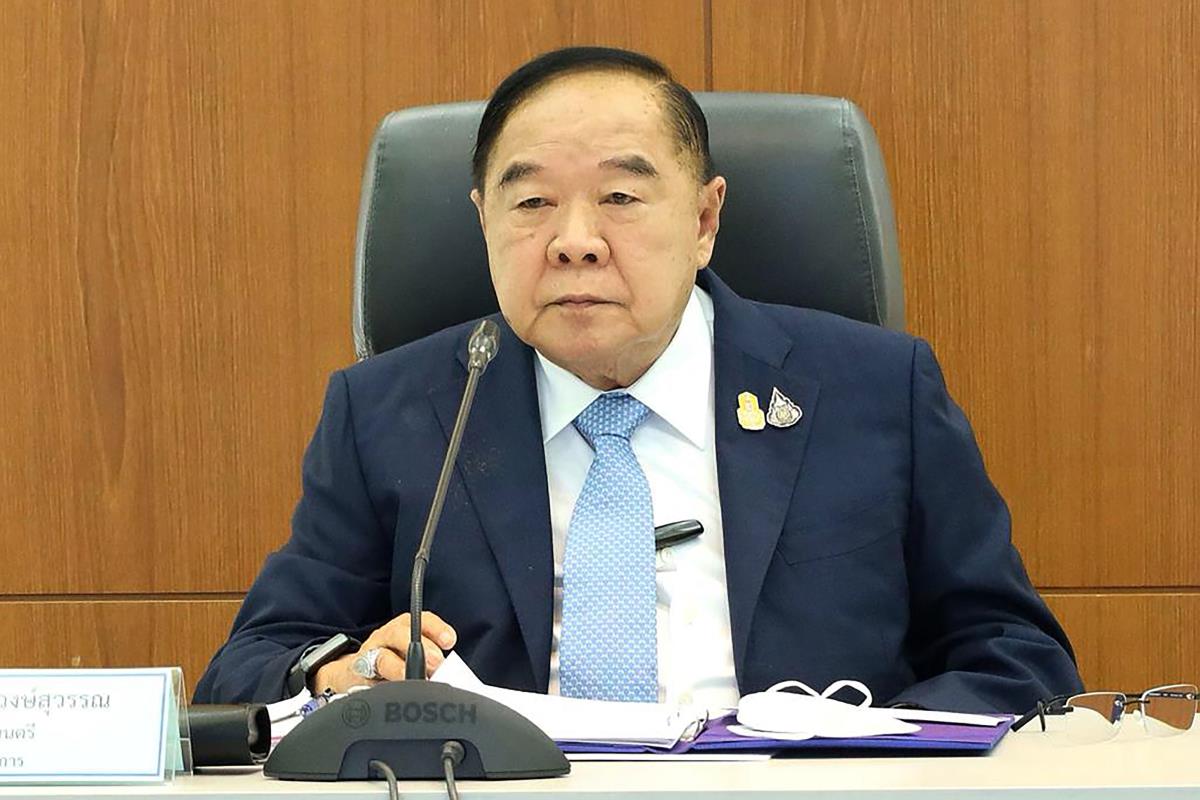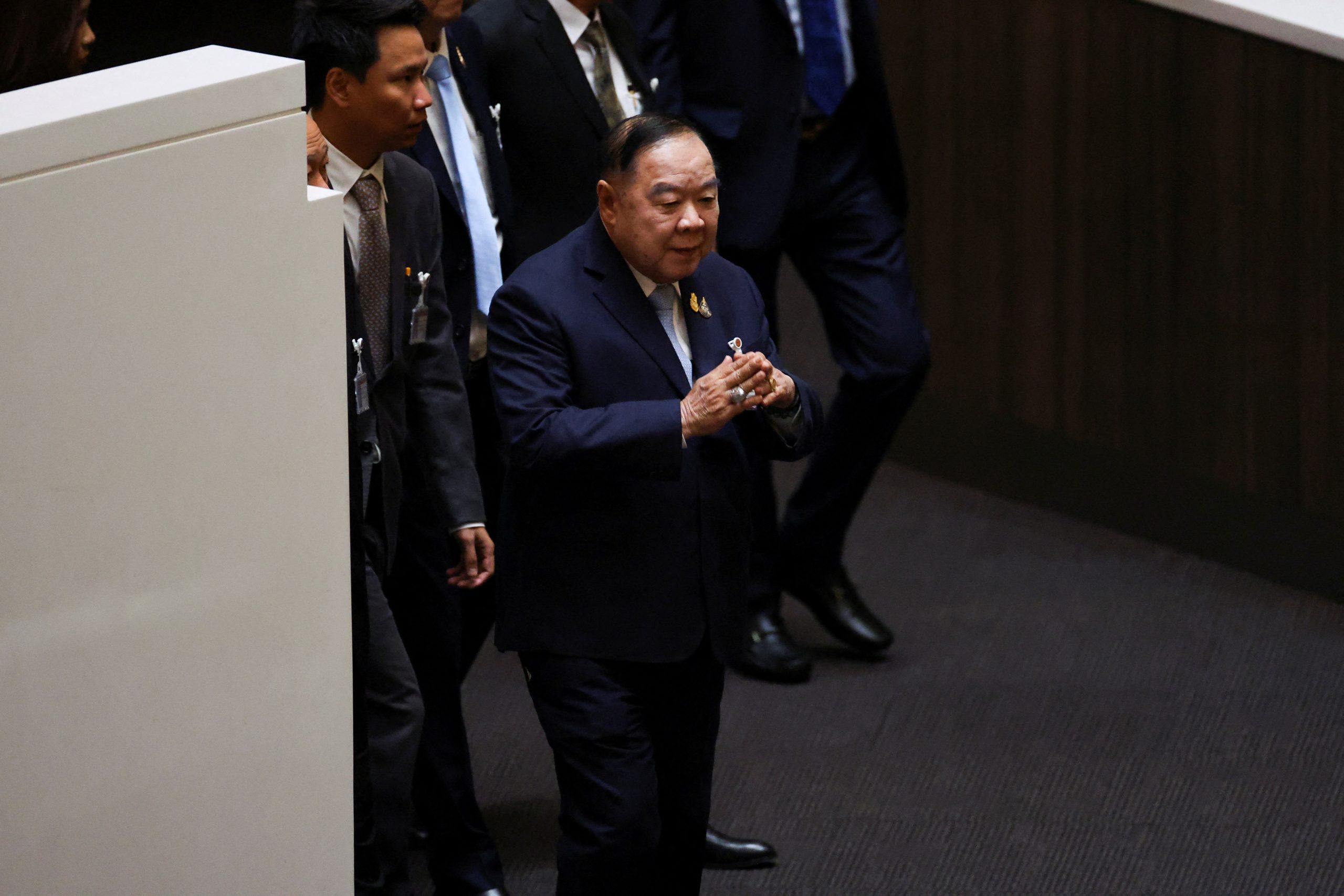Thailand’s parliament has initiated an investigation into former army chief and senior politician Prawit Wongsuwon after he was filmed slapping a journalist. The incident involved Prawit striking Duangthip Yiamphop, a reporter from ThaiPBS, as she attempted to question him about the recent appointment of Paetongtarn Shinawatra as Thailand’s new prime minister. The video, which shows Prawit hitting the reporter several times and demanding to know what she was asking, has sparked widespread criticism.
Prawit, who was a key figure in the 2014 coup that removed Paetongtarn’s aunt, Yingluck Shinawatra, from power, has been a central figure in Thailand’s military-backed government, holding the position of deputy prime minister until last year.
The parliament’s decision to investigate this incident came after ThaiPBS lodged a formal complaint, signaling that Prawit could face severe repercussions, including the possibility of suspension from parliament or a lifetime ban if found guilty of a serious ethical breach.
The incident has drawn sharp criticism from the Thai Journalists’ Association, which condemned Prawit for his violent actions against a member of the press. The association released a statement denouncing the assault as a threat to the freedom and rights of journalists.

Thailand Investigates Prawit Wongsuwon for Assaulting Journalist Amid Political Tensions
ThaiPBS executive editor Noppadol Srihatai also expressed concern, stating that Prawit’s behavior was unacceptable and posed a serious threat to the future of journalism in Thailand.
In the wake of the controversy, Prawit apologized to the reporter, insisting that he did not intend any harm. Despite his apology, the incident has reignited scrutiny of Prawit’s controversial past, including his involvement in the 2014 coup and a 2018 corruption investigation related to his collection of luxury watches.
Though the National Anti-Corruption Commission eventually dropped the watch case, Prawit’s actions continue to attract public and media attention.
This event underscores the ongoing challenges in Thailand’s political environment, particularly regarding the military’s influence in politics and the protection of press freedom. The outcome of the parliamentary investigation could have significant implications for Prawit’s political career and might influence the broader discourse on media rights and ethical conduct in the country.











































